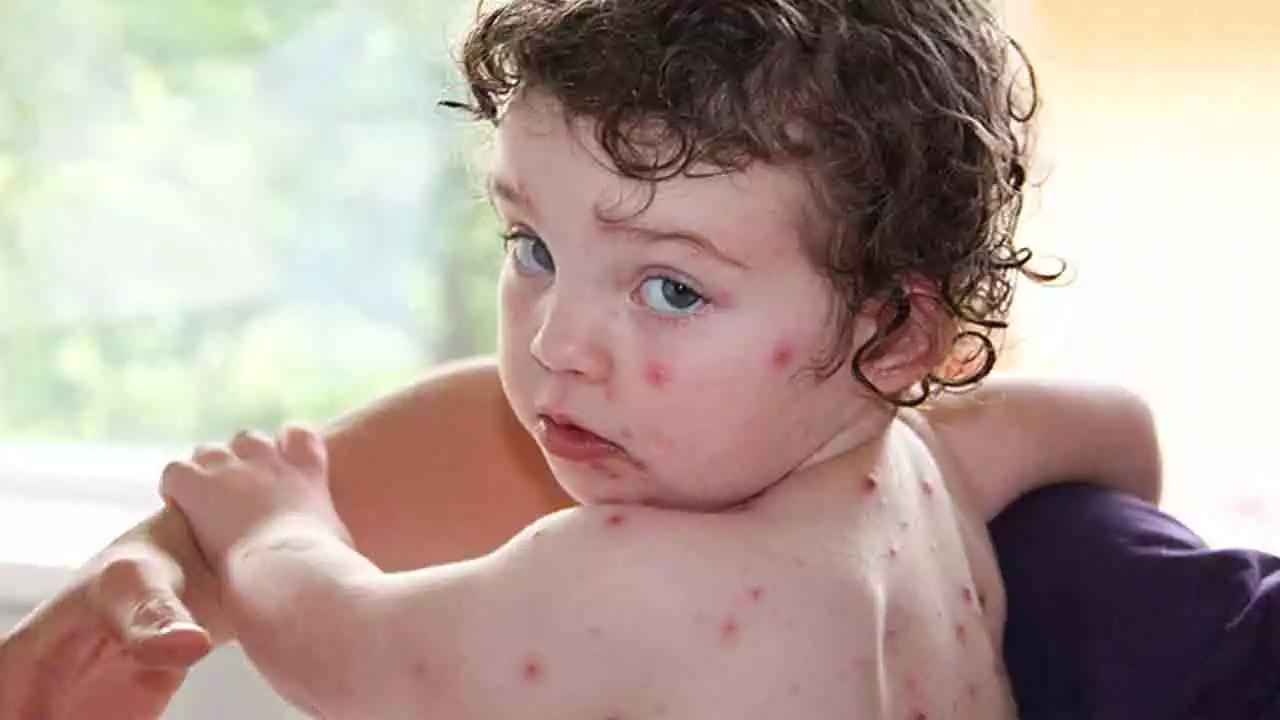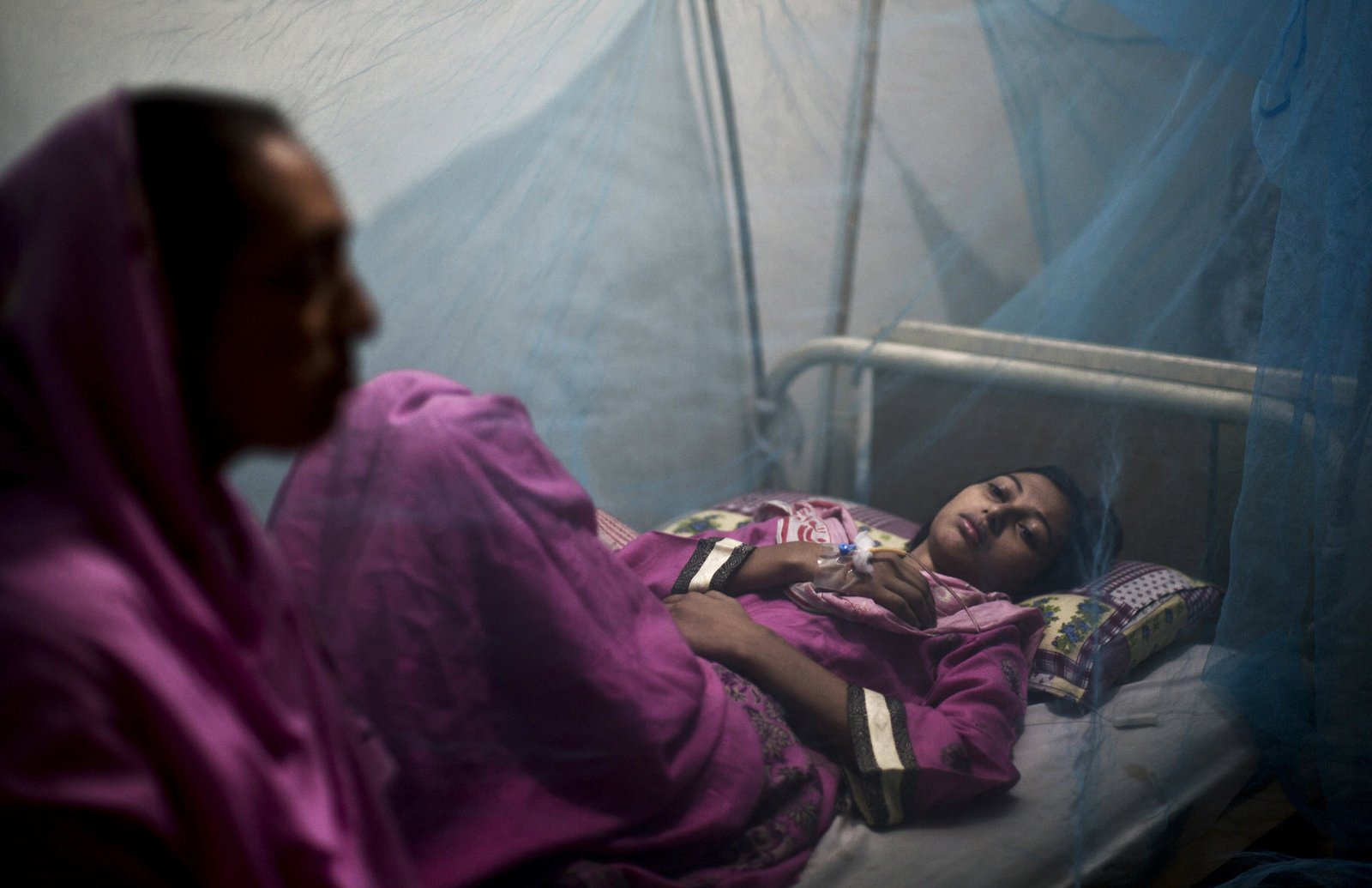Recent research indicates that one dose of the measles vaccine may not provide sufficient immunity for babies born via Caesarean section (C-section). Unlike babies born naturally, C-section infants may need two doses of the vaccine to develop adequate protection against measles. Additionally, these babies face a higher likelihood of infertility later in life compared to those born naturally.
The study highlights significant differences in immune responses between babies born by C-section and those delivered vaginally. According to the study’s author, “We discovered that the way we are born has long-term effects on our immunity.” This research suggests that the mode of birth can influence the effectiveness of vaccinations, particularly the measles vaccine.
Measles is a highly contagious viral disease that, before the introduction of the vaccine in 1963, resulted in an estimated 2.6 million deaths annually. The disease typically begins with symptoms resembling a cold, such as fever, cough, and runny nose, followed by a distinctive rash. In severe cases, measles can lead to complications like blindness, seizures, and death.
The findings from this study emphasize the importance of understanding how birth methods affect long-term health outcomes, particularly in the context of immune system development. Babies born by C-section may not produce enough antibodies after just one dose of the measles vaccine, leaving them vulnerable to infection. This necessitates a revised vaccination strategy to ensure they receive the necessary protection.
One of the key reasons behind the reduced immune response in C-section babies is the difference in exposure to maternal microbiota. During vaginal birth, babies are exposed to beneficial bacteria from the mother, which play a crucial role in shaping their immune system. This natural exposure helps in the development of a robust immune response, which is less pronounced in C-section babies who miss out on this initial microbial contact.
Given these findings, healthcare providers may need to adjust vaccination protocols for C-section babies. Ensuring that these infants receive a second dose of the measles vaccine could be critical in providing them with adequate immunity. This adjustment would help bridge the gap in immune protection and prevent outbreaks of measles, particularly in communities with higher rates of C-sections.
The study also sheds light on the broader implications of C-section births on long-term health, including potential impacts on fertility. While the exact mechanisms remain unclear, the association between C-section births and increased infertility risk underscores the need for further research to fully understand these connections and to develop strategies to mitigate potential risks.
The research presents compelling evidence that the mode of delivery has lasting impacts on a child’s immune system and overall health. For C-section babies, receiving two doses of the measles vaccine is essential to ensure they develop sufficient immunity. This finding calls for updated vaccination guidelines to better protect these vulnerable infants and highlights the importance of continued research into the long-term health effects of different birth methods. By adapting our healthcare practices based on these insights, we can improve health outcomes and better safeguard against diseases like measles.



